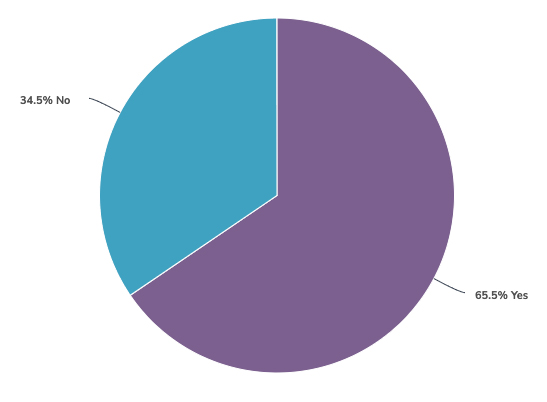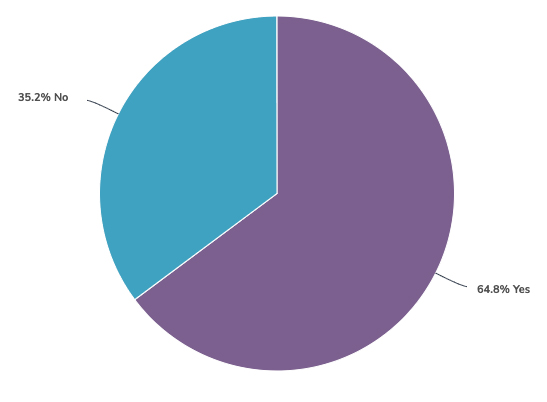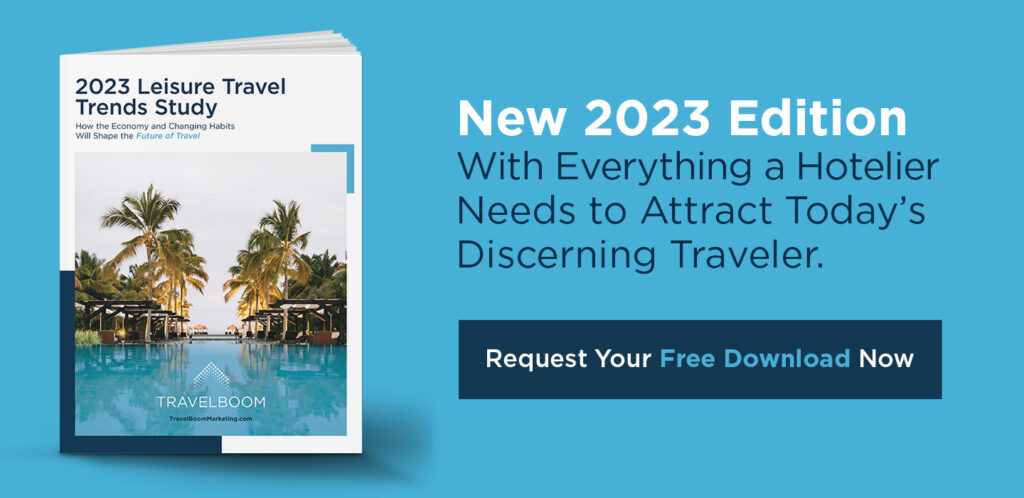Loyalty Programs for Hotels
by Pete DiMaio
Hotels are experiencing a major shift in traveler behavior, including the most recent demands from guests. In the latest TravelBoom Leisure Travel Trends Study, we recognize the importance of loyalty programs for hotels. Just one year ago, less than half of leisure travelers surveyed indicated loyalty programs would influence their booking decisions. One year later, that number has increased to 65%.

What does this mean for hoteliers? It’s simple. Guests are looking for the best hotel rewards program available.
The data from the study also found the following:
- The age groups that respond best to a loyalty program
- The number of hotel rewards programs a typical leisure traveler uses
- The types of benefits travelers demand from a loyalty program
- What an independent hotelier can do today to create a compelling hotel rewards program
Hotel Loyalty Programs: By Age Group
We observed several interesting behavior differences between age groups – particularly related to technology usage and social media engagement. However, when it comes to hotel loyalty programs travelers from ages 18 to 80 agree. All guests are searching for the best hotel rewards program available.
35 and Under
65.5% want a loyalty program

36 to 55
65.5% want a loyalty program

56 and Over
64.8% want a loyalty program

Hotel Rewards: Not a One-Size Fits All
Based on respondent data, we found that 72% of travelers are a member of at least one hotel rewards program. On average, leisure travelers noted they were a member of 2.3 loyalty programs for hotels.

Good News: This suggests travelers are open to participating in multiple memberships, particularly if the barrier to entry is low. Hotel points programs provide an easy opportunity for an independent property to establish loyal customers.
The competition is large for hotel loyalty programs, though, as guests now expect more incentives than ever before. VRBO recently unveiled its One Key Loyalty Program where a traveler can earn perks and rewards across VRBO.com, Hotels.com, and Expedia.com. It’s clear that OTAs, as well as major hotel brands are putting significant resources behind creating the best hotel rewards program possible. Independent hoteliers and other small management groups should pay close attention to the competition and work to engage potential guests – or risk leaving money on the table.
What do the best hotel rewards programs have in common?
Travelers are eager to join a hotel rewards programs, however not all benefits are created equal. The below chart depicts five benefit types based on respondents ranking them as either somewhat or very important.

We identified that instant-gratification will drive loyalty program engagement.
The data clearly shows free on-property perks and instant discounts are most important to leisure travelers. Independent hoteliers can offer significant value, even for a first-time guest by manipulating rates. Higher rates can mean more on-site rewards for guests. Alternatively, less expensive room rates can be redeemed through more aggressive upselling.
Increase RevPAR & Occupancy with a Hotel Loyalty Program
With a goal of maximizing both occupancy AND RevPar, driving direct bookings with the help of a hotel loyalty program is a must.
Strong Book Direct Value:
- A hotel rewards program that offers exclusive value for members can help dissuade a guest from booking through a third party. As an example, if your rates are in parity, a reward or incentive can give you the upper hand. Considering offering an early check-in, and / or free cancellation to guests that book direct.
Engaging Personalization:
- Loyalty programs for hotels allow for major data collection. Typically a property only gets to “know” a guest once a booking takes place. A rewards program collects data as soon as a user signs up, allowing for deeper personalization on your website, emails and more.
Revenue Maximization:
- With any direct booking, a hotel will have the potential to drive both primary and ancillary revenue during and after the booking. A hotel loyalty program would amplify these opportunities to upsell.
Affinity Opportunities:
- People want to feel appreciated and tend to share their experiences with others. A hotel points program awards the opportunity to create an affinity with guests. Consider welcoming members at the front desk by name with a special gift upon arrival.
Granular Targeting:
- From a marketing perspective, one of the most valuable benefits of a hotel loyalty program is that it enables marketers to tie real-world information to online activity. With consent, you’re able to start developing a more complete picture of guest behavior. From there, you can create a more personalized experience for the user.
Repeat Booking Potential:
- The ability to proactively drive repeat bookings tops the list of advantages to a hotel loyalty program. We know that 69% of leisure travelers are influenced by future stay discounts. Couple this with the knowledge of a guest’s travel history and behavior, hotels can make intelligent marketing decisions to capture repeat visitors. From something as simple as a personalized email on a booking anniversary to something more advanced, having a rewards program that showcases your data will allow hotels to develop targeted strategies that maximize direct booking opportunities.
Creating a Hotel Rewards Program
Getting started can seem daunting for independent hoteliers. Here a few steps to take when creating a hotel rewards program:
- Begin by mapping out what your ideal hotel loyalty program might look like based on your location, competitive set, and key selling points.
- From there, speak with your PMS and / or software providers to understand what’s possible. Some providers may offer a built-in membership system, while others may integrate with third party platforms.
- Once you can envision your ideal solution and understand your current capabilities, you can develop a roadmap to success.
